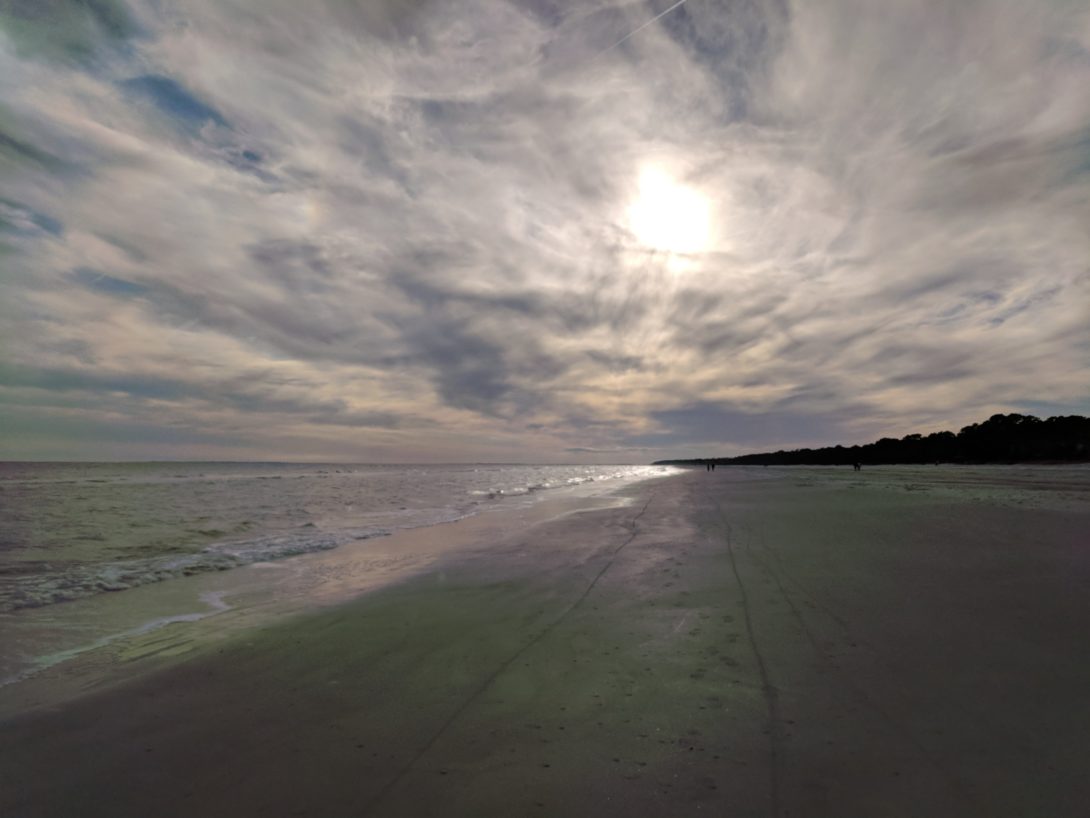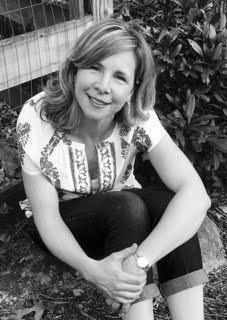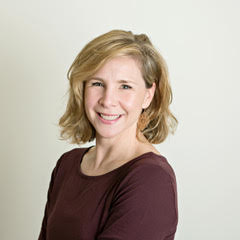
Thinking About Dying: Conversation with an End of Life Doula
You would think that talking about dying would be troubling and difficult. In reality, the conversations I have had lately are comforting and enlightening.
In previous posts I discussed my visits to a number of Death Café sessions in the Richmond, VA area. I always come away from these with a sense of peace, realizing that most everyone has similar fears of dying and an aversion to thinking about it, as well as difficult memories of the deaths of loved ones. But sharing takes a weight off my heart. I have come to understand that planning and preparation for various scenarios and making sure your wishes are carried out when the time comes, is the best way to face the fear.
 Shelby Kirillin, who organizes and leads the Death Cafés I have attended, is a critical care nurse who has become an End of Life Doula. Her business is called A Peaceful Passing.
Shelby Kirillin, who organizes and leads the Death Cafés I have attended, is a critical care nurse who has become an End of Life Doula. Her business is called A Peaceful Passing.
The mission of A Peaceful Passing, as stated on her website:
- To support and serve as a guide to individuals and their families as they accept and work through the process of dying; to help them manage their physical, emotional and spiritual needs.
- To provide the individual with a sounding board to help establish and fulfill their ideas of a peaceful passing.
- To assist the family as they navigate this journey, affirming to them that they are not alone, helpless or lost.
My experience with the term “doula” was during the point in my life that I was pregnant with my daughter. Some of the other expectant mothers were working with doulas to assist at the birth and after, to nurture and guide them as they adjusted to new motherhood. I was intrigued as to how this term translates into the dying process. As Shelby explained it to me, she offers a similar nurturing presence as she helps those who are dying on their final journey.
The concept is simple, yet profound: Death, like birth, is natural, and the body is meant to do this. And as with labor, a coach can provide comfort and calm.
Shelby recounts that during her nursing career, she witnessed many difficult deaths. Her concept and passion for A Peaceful Passing grew out of the notion that there has to be a better way to die, both for the individual and the family. She feels strongly that the experience should be about choice, control, and peace of mind.
Our culture tends to treat dying as a medical experience and it is profoundly not, she tells me. Medical intervention has come so far, and medical personnel are focused on continuing life. In addition, many families of the dying person want to go to desperate measures, such as “rescue chemo,” yet the dying person may not really want that, they may have accepted the inevitable and simply want support and help in dying as they wish, focusing on pain management rather than prolonging the death process. Shelby can be an impartial third party who sees this reality and explains it to the family. Her goal is to maximize quality of life.
While Shelby is a medical professional and can bring her knowledge to bear when helping a patient and family consider factors like pain management, her role is not medical. Most end of life doulas are not medical professionals—their focus is on emotional needs and bringing peace and comfort.
Organizations like the non-profit International End of Life Doula Association (INELDA) offer a certification process, standards of care and a code of ethics to help provide that standardization of care. To be certified, doulas have to take the training course, and must participate in at least 5 cases comprising at least 36 hours of work as a doula.
Shelby outlines some of the services she provides: She works with patients to determine their vigil plan—again, the counterpart of a birth plan: How do you want to die? Everyone had a different picture of this. They discuss funeral plans, burial or cremation, where to scatter the ashes to be scattered, the memorial service, the music and words to be shared.
Shelby helps determine: Who do you want to be by your side? What scents do you want to smell? Do you want to be touched and held, or not? Would you like to be read to as you are passing? Would you like guided imagery, are there specific memories that you want to talk about and try to recapture? Prayers? Something as simple as…do you want the room to be light or dark, the windows open so you can feel nature around you? With one patient, Shelby moved the bed so the loved ones present could stand around her and place their hands on her, which gave everyone comfort.
Massage therapy, mindfulness meditation, medicines, and aromatherapy with essential oils can all provide relief and well-being at end of life. Shelby believes in the value of energy work and similar alternative treatments, as she has seen the benefits of these: Anything that makes the patient more comfortable, to compliment a medical course of treatment.
 Shelby emphasizes the great importance of celebrating the life. “Everyone in the room focuses on the loss,” she says. “While I try to draw them all back to remembering life and focusing on the joy.” She encourages legacy work, getting family and friends together to write memories down and remember joyous moments. One patient is working with her daughter to do just this, and wants the memories to be read aloud on her deathbed, so it is what she hears at the end of her life.
Shelby emphasizes the great importance of celebrating the life. “Everyone in the room focuses on the loss,” she says. “While I try to draw them all back to remembering life and focusing on the joy.” She encourages legacy work, getting family and friends together to write memories down and remember joyous moments. One patient is working with her daughter to do just this, and wants the memories to be read aloud on her deathbed, so it is what she hears at the end of her life.
When asked how she herself feels about dying, Shelby is clear: “I don’t want to be robbed of a good death. I want to put into place what I have practiced: A death that is comforting and warm, me writing my last chapter with the period and exclamation point at the end, and no one else writing it for me.” Shelby’s recounted the words of her mother, also a nurse, which invoked an image that I found especially beautiful, of a child helping a dying parent: I held you for your first breath, you can hold me for my last.
It strikes me that this concept, called the conscious dying movement is natural to the Baby Boomer generation. After all, ours was the generation that demanded the change in the birthing process, we demanded to have choices and do it our way, and are seeking the same in the death process. Now is the time to prepare. Start with an advanced directive, if you do not yet have one, and identify an advocate. Your body, your life, and your death—should be about your choice.
Check out our other blogs in the series:
Thinking About Dying – Death Cafe, Part One
Thinking About Dying: Resources
Thinking About Dying: The Conversation